“Man shall not live by bread alone, but by every word that proceeds from the mouth of God.”
“You shall not tempt the Lord your God.”
“You shall worship the Lord your God and him only shall you serve.”
In Matthew 4:1-11, Jesus is tempted by the devil. Three trials are given, each tempting Jesus to avoid suffering and death. The first attacked the human preference for security (through hunger), when the devil tempted Jesus to make bread from stone. The second was to put God to the test by telling Jesus to throw himself down from the top of the temple. The final temptation was idolatry, or worshiping a false God, tempting Jesus with all the world’s riches. Each time, Jesus fights back with his knowledge and application of Scripture as the living word.
We recognize through these examples that we must rely on God for all our needs and recognize that our greatest hunger is for God himself. (CCC 2835). During Lent, “the Church is united to Jesus in the desert” (CCC 540), reminiscent of being in the wilderness over the course of 40 days. As Israel was tested for 40 years, Lent is a time for God’s followers to learn to trust Him through trials and tribulations. The tools we are given are prayer, fasting and alms (which teach us discipline), and penance.
Jesus is our living example of complete trust in the Father. Ultimately in this Gospel, the devil is questioning the identity of Jesus as the Son of God and likewise, you and I as children of God. I encourage you today to reflect on your true identity. God loves you and you belong to Him- this is how we must identify ourselves first and above all else.
“No sólo de pan vive el hombre, sino también de toda palabra que sale de la boca de Dios”.
“No tentarás al Señor, tu Dios.”
“Adorarás al Señor, tu Dios, y a él sólo servirás”.
En Mateo 4:1-11, Jesús es tentado por el diablo. Se dan tres pruebas, cada una tentando a Jesús para evitar el sufrimiento y la muerte. El primero atacó la preferencia humana por la seguridad (a través del hambre), cuando el diablo tentó a Jesús para que hiciera pan de piedra. La segunda fue poner a Dios a prueba diciéndole a Jesús que se arrojara desde lo alto del templo. La tentación final fue la idolatría, o adorar a un dios falso, tentando a Jesús con todas las riquezas del mundo. Cada vez, Jesús responde con su conocimiento y aplicación de las Escrituras como la palabra viva.
Reconocemos a través de estos ejemplos que debemos confiar en Dios para todas nuestras necesidades y reconocemos que nuestra mayor hambre es de Dios mismo. (CIC 2835). Durante la Cuaresma, “la Iglesia se une a Jesús en el desierto” (CIC 540), que recuerda estar en el desierto durante 40 días. Como Israel fue probado durante 40 años, la Cuaresma es un tiempo para que los seguidores de Dios aprendan a confiar en Él a través de pruebas y tribulaciones. Las herramientas que se nos dan son la oración, el ayuno y la limosna (que nos enseñan la disciplina), y la penitencia.
Jesús es nuestro ejemplo vivo de la plena confianza en el Padre. En última instancia, en este Evangelio, el diablo está cuestionando la identidad de Jesús como el Hijo de Dios y, del mismo modo, tú y yo como hijos de Dios. Os animo hoy a reflexionar sobre vuestra verdadera identidad. Dios te ama y le perteneces, así es como debemos identificarnos ante todo y por encima de todo.
 Dr. Alexis Dallara-Marsh is a board-certified neurologist who practices in Bergen County, NJ. She is a wife to her best friend, Akeem, and a mother of two little ones on Earth and two others in heaven above.
Dr. Alexis Dallara-Marsh is a board-certified neurologist who practices in Bergen County, NJ. She is a wife to her best friend, Akeem, and a mother of two little ones on Earth and two others in heaven above.
Feature Image Credit: Keith Hardy, unsplash.com/photos/PP8Escz15d8

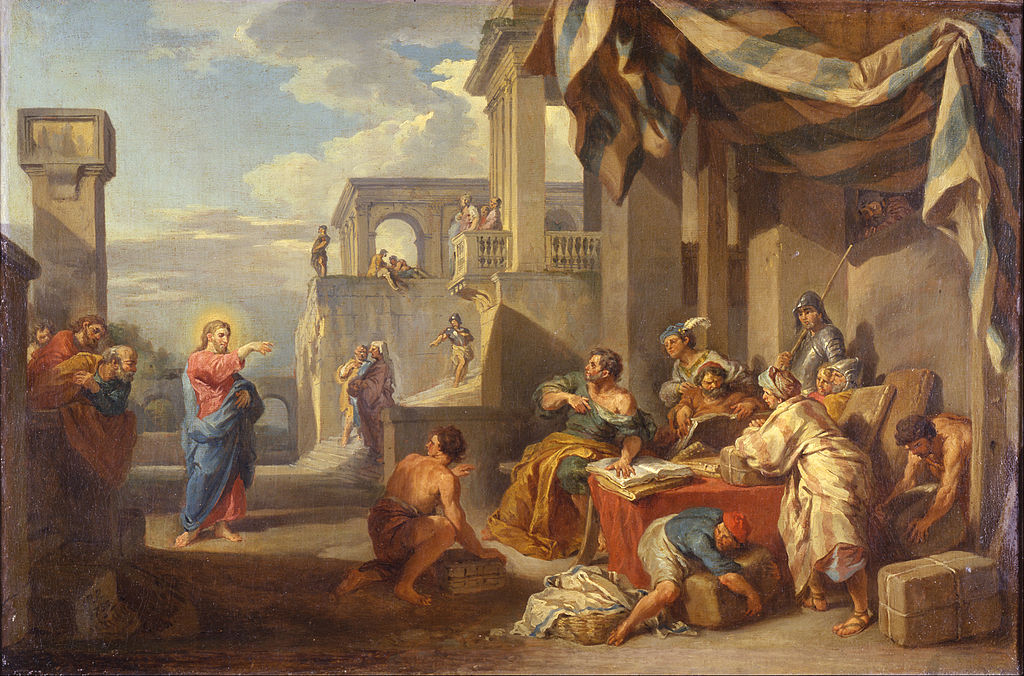


 Emily Jaminet is a Catholic author, speaker, radio personality, wife, and mother of seven children. She earned a bachelor’s degree in mental health and human services from the Franciscan University of Steubenville. She is the co-founder of
Emily Jaminet is a Catholic author, speaker, radio personality, wife, and mother of seven children. She earned a bachelor’s degree in mental health and human services from the Franciscan University of Steubenville. She is the co-founder of 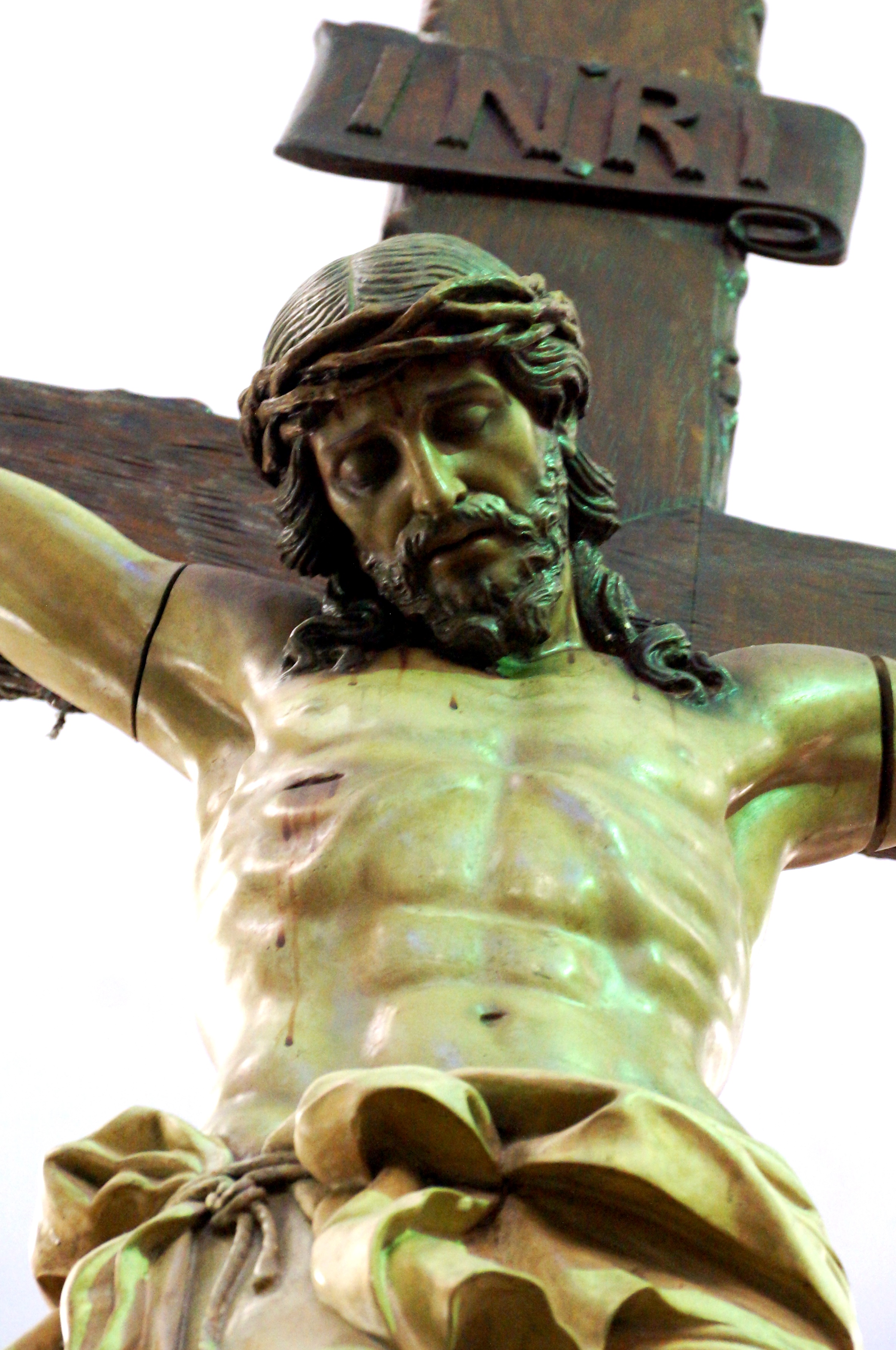


 Merridith Frediani loves words and is delighted by good sentences. She also loves Lake Michigan, dahlias, the first sip of hot coffee in the morning, millennials, and playing Sheepshead with her husband and three kids. She writes for Catholic Mom, Diocesan.com, and her local Catholic Herald. Her first book Draw Close to Jesus: A Woman’s Guide to Adoration is available at Our Sunday Visitor and Amazon. You can learn more at
Merridith Frediani loves words and is delighted by good sentences. She also loves Lake Michigan, dahlias, the first sip of hot coffee in the morning, millennials, and playing Sheepshead with her husband and three kids. She writes for Catholic Mom, Diocesan.com, and her local Catholic Herald. Her first book Draw Close to Jesus: A Woman’s Guide to Adoration is available at Our Sunday Visitor and Amazon. You can learn more at 
 Allison Gingras (
Allison Gingras ( 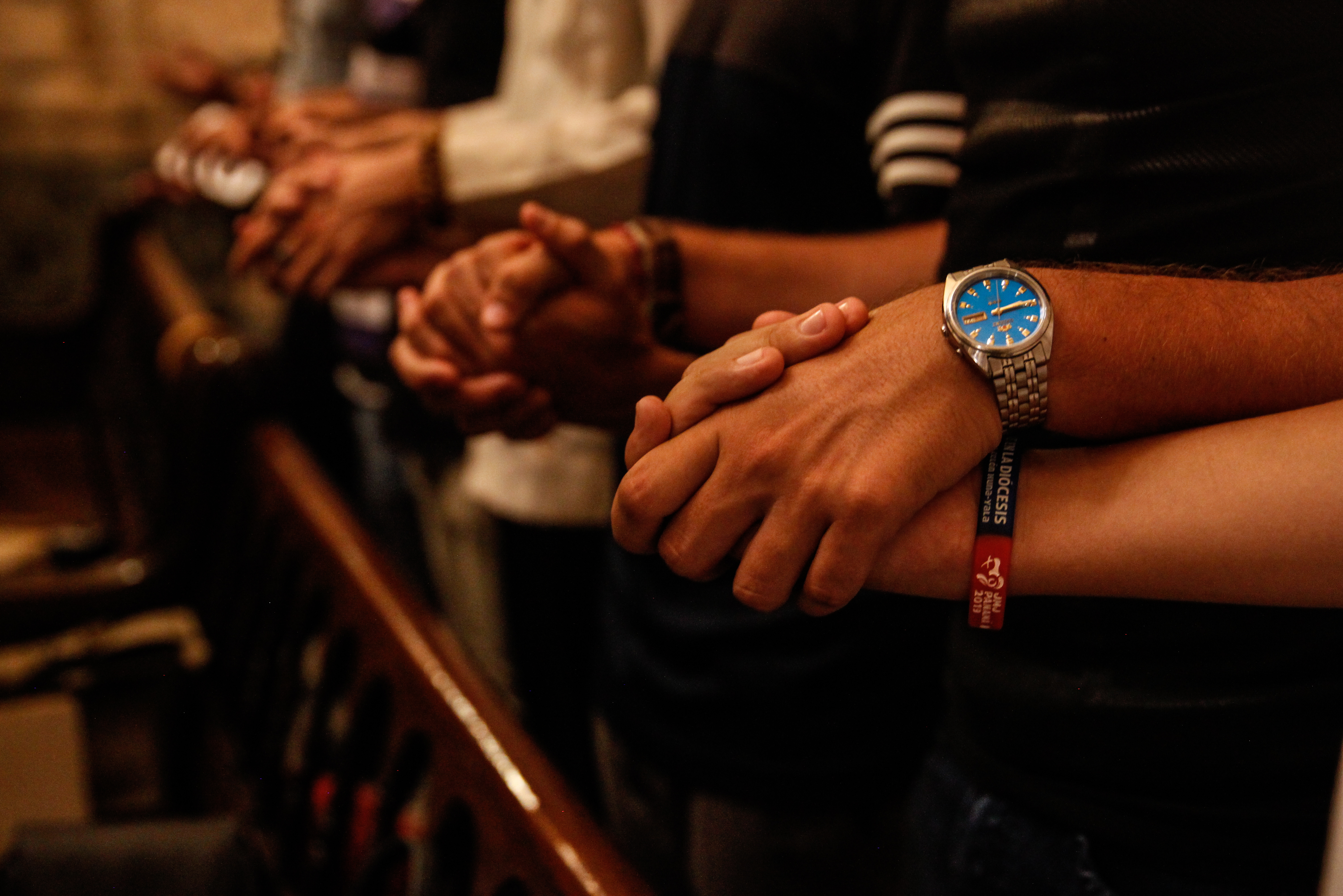
 David Dashiell is a freelance author and editor in Nashville, Tennessee. He has a master’s degree in theology from Franciscan University, and is the editor of the anthology
David Dashiell is a freelance author and editor in Nashville, Tennessee. He has a master’s degree in theology from Franciscan University, and is the editor of the anthology 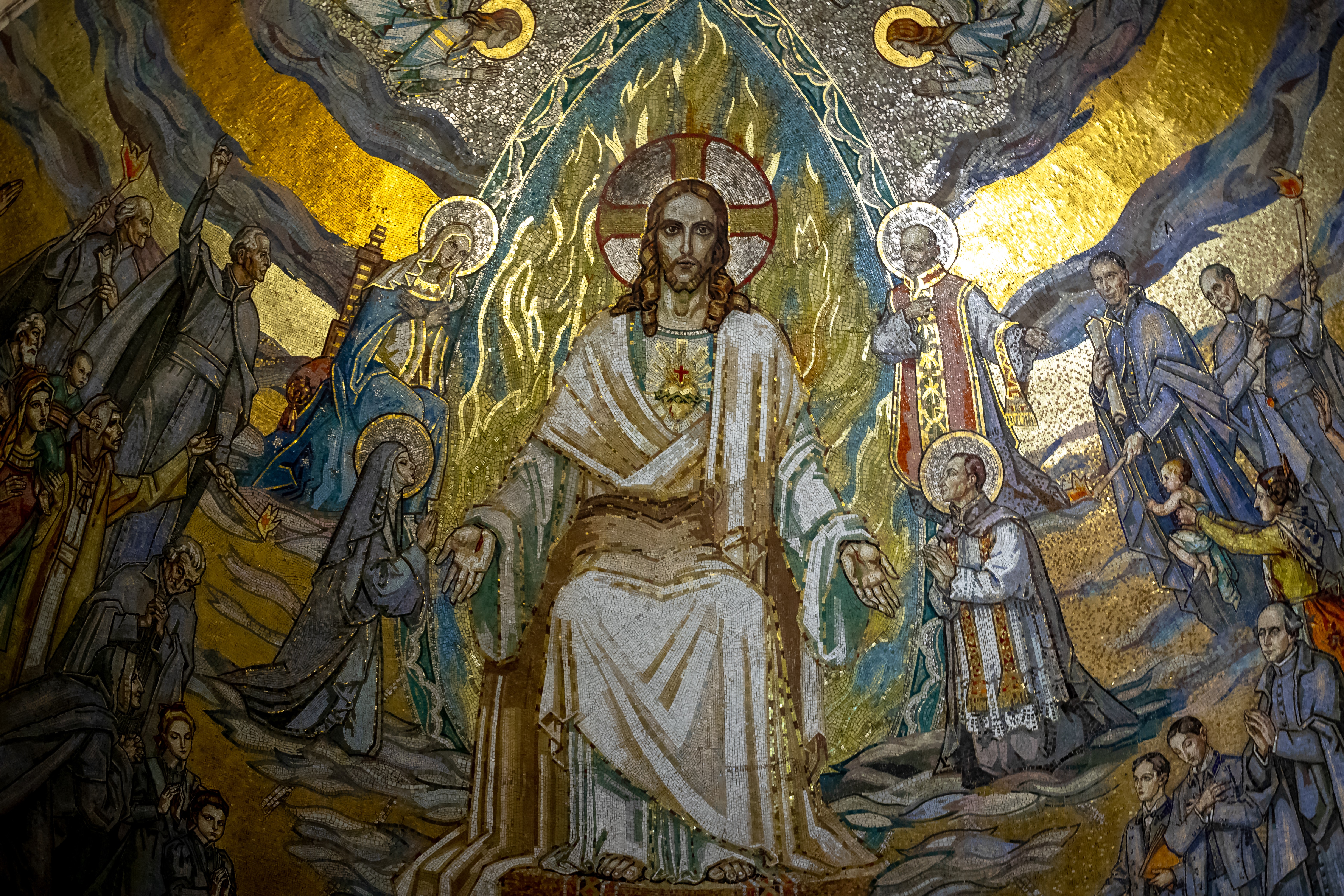
 Christine Hanus currently lives in Upstate, NY. Though she enjoys writing and her work as a catechist, Christine is primarily a wife, mother, and more recently, grandmother!
Christine Hanus currently lives in Upstate, NY. Though she enjoys writing and her work as a catechist, Christine is primarily a wife, mother, and more recently, grandmother!
 Mike Karpus is a regular guy. He grew up in Michigan’s Upper Peninsula, graduated from Michigan State University and works as an editor. He is married to a Catholic school principal, raised two daughters who became Catholic school teachers at points in their careers, and now relishes his two grandchildren, including the older one who is fascinated with learning about his faith. He also has served on a Catholic school board, a pastoral council and a parish stewardship committee. He currently is a lector at Mass, a Knight of Columbus, Adult Faith Formation Committee member and a board member of the local Habitat for Humanity organization. But mostly he’s a regular guy.
Mike Karpus is a regular guy. He grew up in Michigan’s Upper Peninsula, graduated from Michigan State University and works as an editor. He is married to a Catholic school principal, raised two daughters who became Catholic school teachers at points in their careers, and now relishes his two grandchildren, including the older one who is fascinated with learning about his faith. He also has served on a Catholic school board, a pastoral council and a parish stewardship committee. He currently is a lector at Mass, a Knight of Columbus, Adult Faith Formation Committee member and a board member of the local Habitat for Humanity organization. But mostly he’s a regular guy.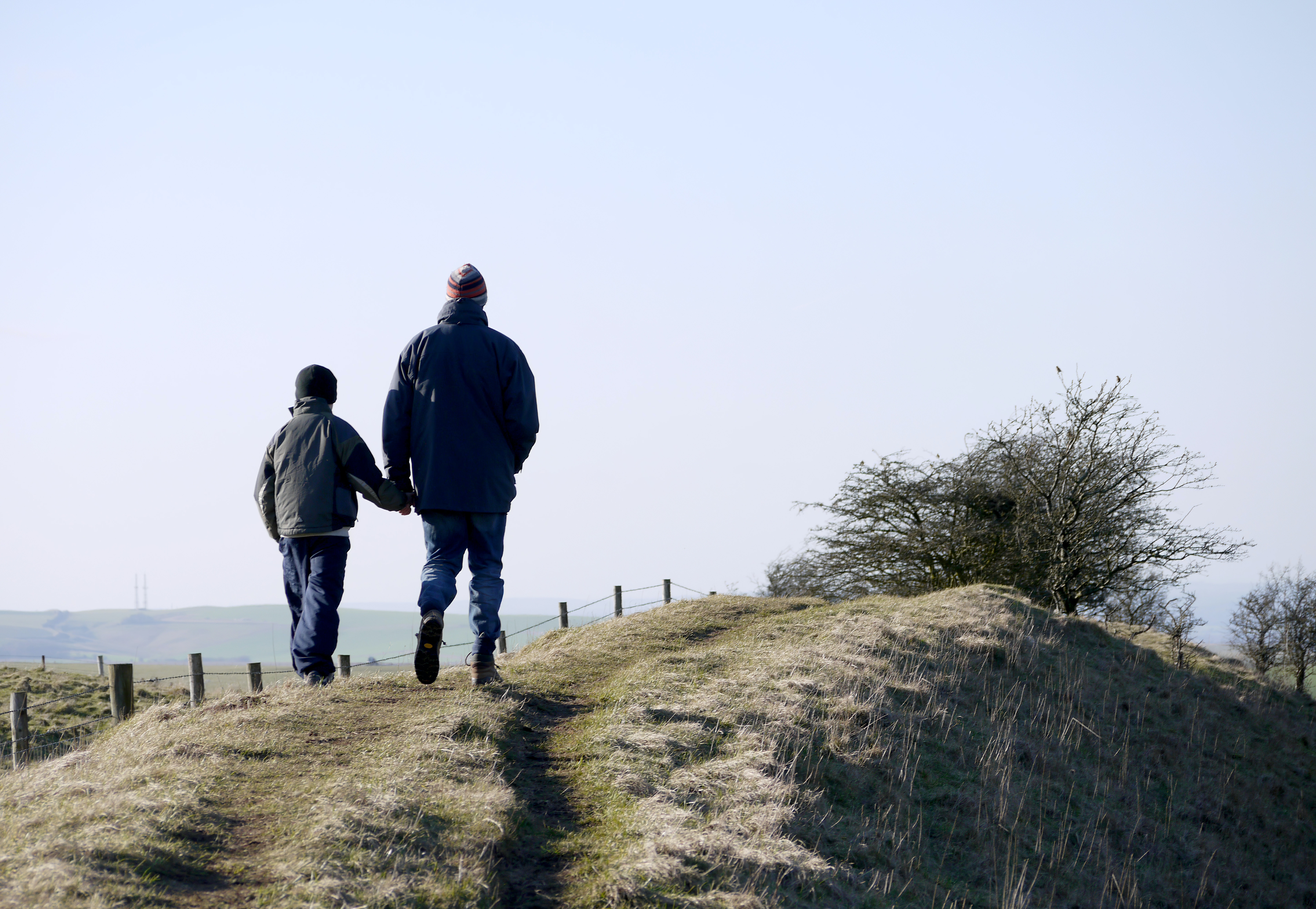

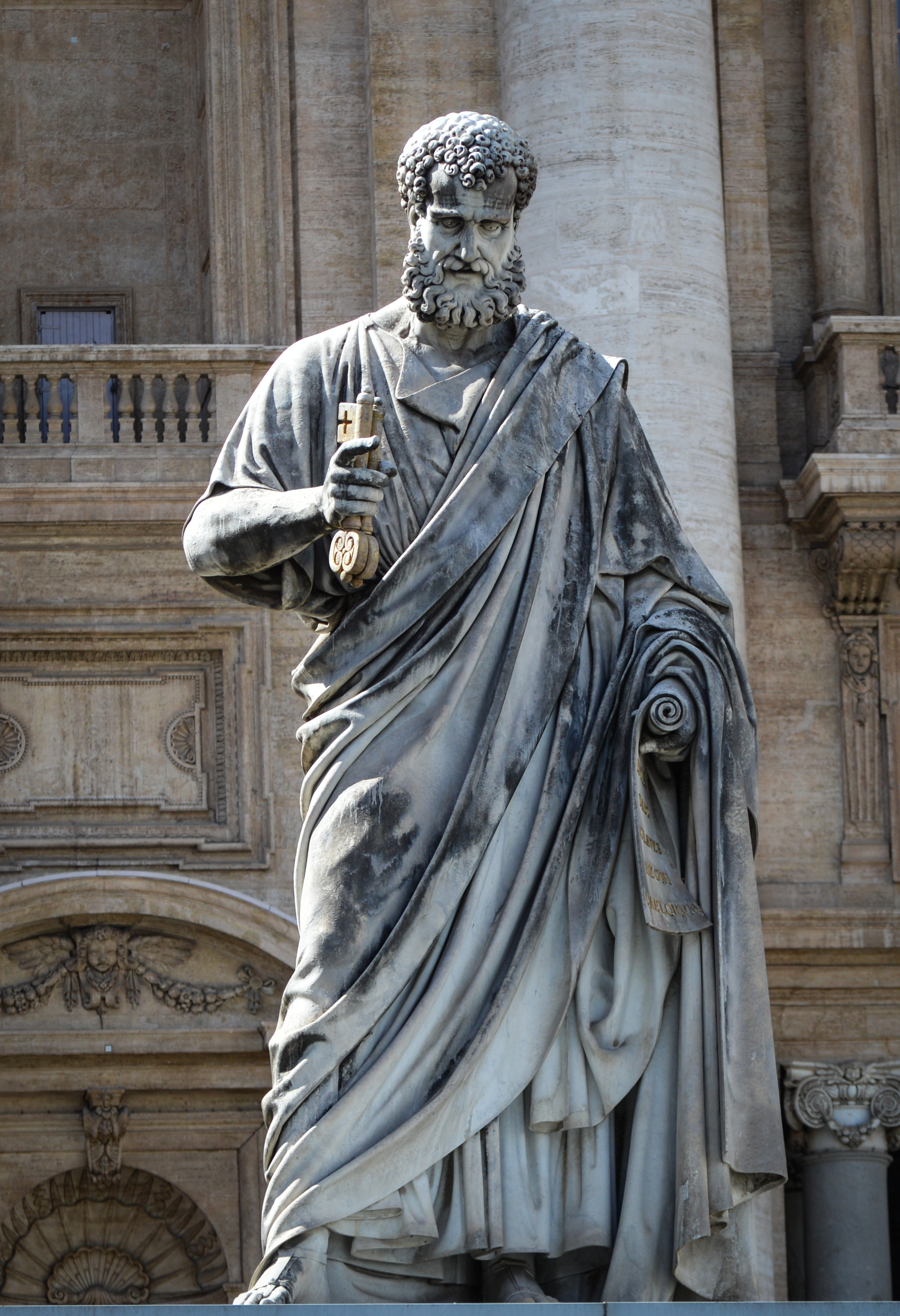
 Dakota lives in Denver, CO with her husband, Ralph, and their two sons, Alfie & Theophilus. She is the Dean of Enrollment Management for Bishop Machebeuf High School where her husband also teaches. You can find Dakota at the zoo or a brewery with her family or with her nose in a book at home. For more of Dakota’s writing check out
Dakota lives in Denver, CO with her husband, Ralph, and their two sons, Alfie & Theophilus. She is the Dean of Enrollment Management for Bishop Machebeuf High School where her husband also teaches. You can find Dakota at the zoo or a brewery with her family or with her nose in a book at home. For more of Dakota’s writing check out 
 Kathryn Mulderink, MA, is married to Robert, Station Manager for Holy Family Radio. Together they have seven children (including Father Rob), and seven grandchildren. She is President of the local community of Secular Discalced Carmelites and has published five books and many articles. Over the last 30 years, she has worked as a teacher, headmistress, catechist, Pastoral Associate, and DRE, and as a writer and voice talent for Catholic Radio. Currently, she serves the Church by writing and speaking, and by collaborating with various parishes and to lead others to encounter Christ and engage their faith. Her website is
Kathryn Mulderink, MA, is married to Robert, Station Manager for Holy Family Radio. Together they have seven children (including Father Rob), and seven grandchildren. She is President of the local community of Secular Discalced Carmelites and has published five books and many articles. Over the last 30 years, she has worked as a teacher, headmistress, catechist, Pastoral Associate, and DRE, and as a writer and voice talent for Catholic Radio. Currently, she serves the Church by writing and speaking, and by collaborating with various parishes and to lead others to encounter Christ and engage their faith. Her website is